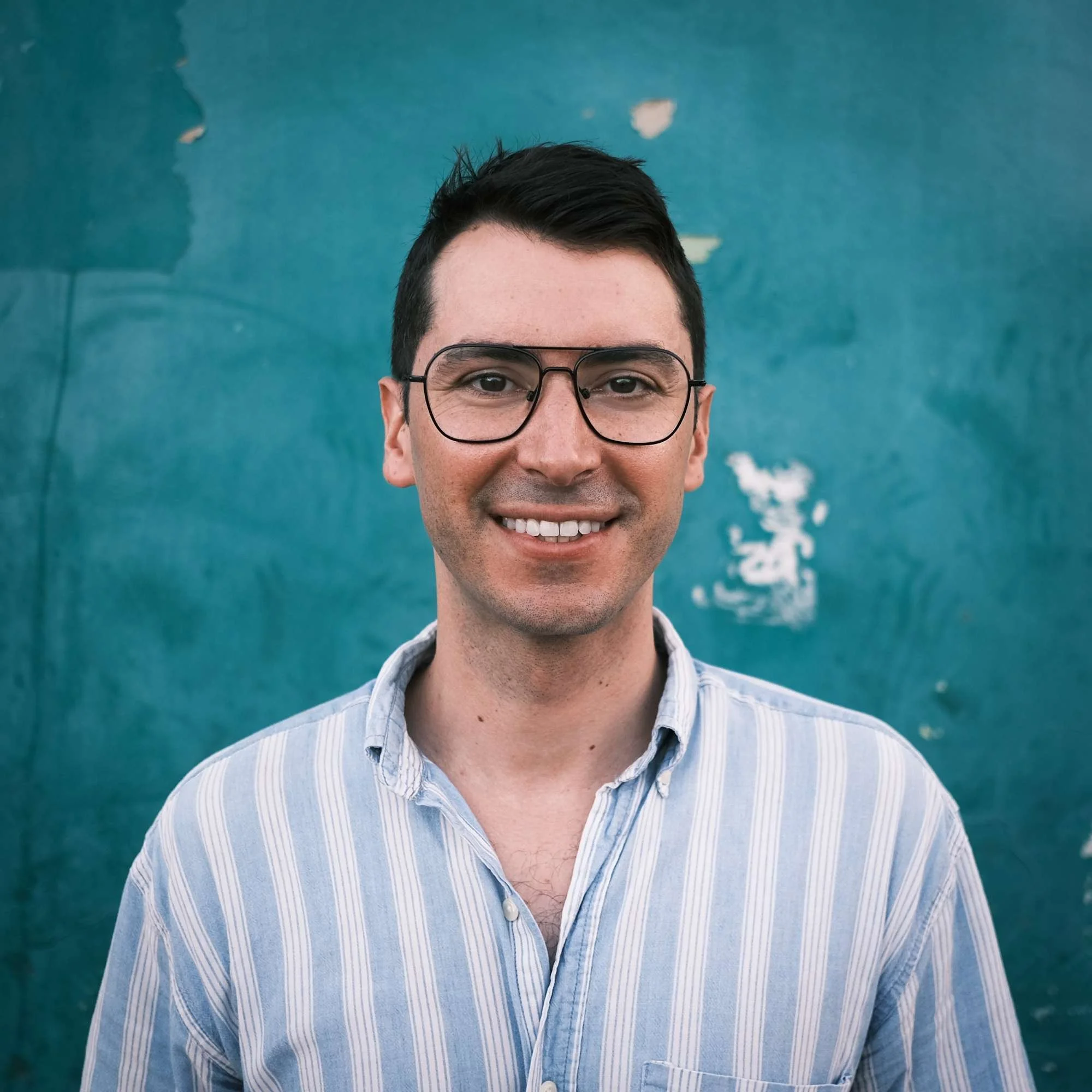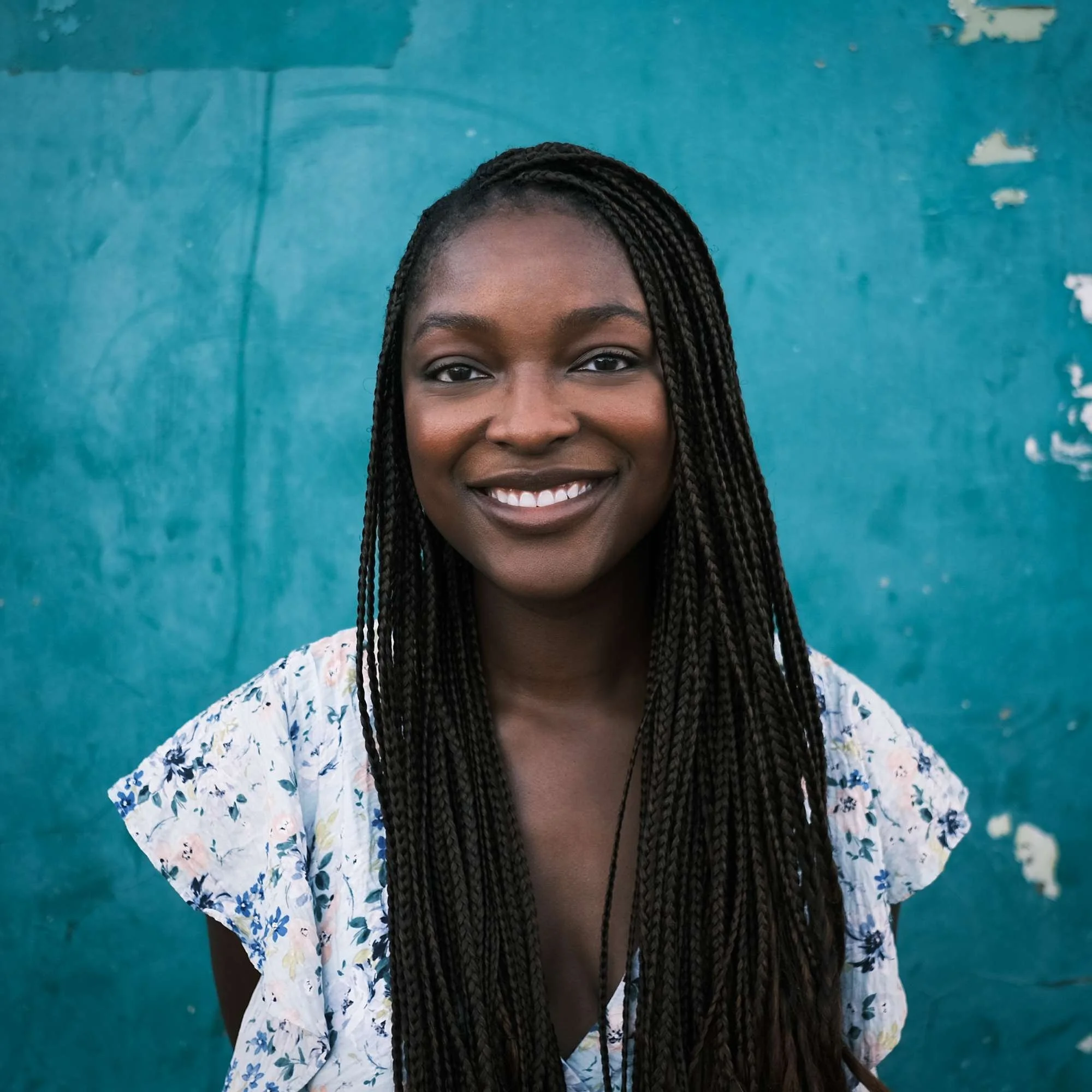We are a team of likeminded educators, committed to shaping Africa's future scientists by engaging students during their high school years.
Through our innovative workshops, we bring the lab experience directly to students, empowering them with hands-on learning opportunities. Guided by experienced educators, students embark on a journey of discovery, conducting transformative experiments including: extracting their own DNA from cheek cells, investigating the complexities of diseases such as sickle cell anaemia, forensic science, and exploring biological samples under microscopes.
Meet the team
NANCY SEY, Ph.D.
Founder and Director
Nancy was born in Ghana and moved to the United States at age 14. She obtained her PhD in neuroscience at the University of North Carolina at Chapel Hill where she was an HHMI Gilliam Fellow and investigated the genetics underlying substance disorders. She developed a passion for science outreach during her doctoral training which led her to lead several initiatives to bring her research into various communities. She founded BLAST in 2023 to bring science outreach programs to Ghana (and beyond) to facilitate science, technology, engineering, and Math (STEM) within African countries. She enjoys reading, hiking, and traveling in her spare time.
TESSA MONTAGUE, Ph.D.
Education Director
Tessa is a neuroscientist and HHMI Hanna Gray Fellow at Columbia University. She obtained a PhD in biochemistry from Harvard University, and a B.A. and M.Phil. in genetics from the University of Cambridge. Tessa is passionate about increasing access to scientific education. While she was a graduate student, Tessa created a middle school outreach program that introduced children to scientific research using zebrafish development. Last year, she co-created and taught a semester-long undergraduate neuroscience course in a women’s prison, and she was a proud member of the BLAST team for the inaugural trip to Ghana in 2023. In her spare time she enjoys kickboxing, playing the violin, and photography.
FRED RUBINO, Ph.D.
Scientific Director
Fred is a biochemist and Helen Hay Whitney Fellow at Columbia University and the Whitehead Institute studying beneficial bacteria that can stop the spread of mosquito-borne diseases like dengue and yellow fever. Fred received his PhD in chemistry from Harvard University and BEng in computer engineering from Stony Brook University. Fred enjoys sharing his love of hands-on experiments and thrives on the challenges of running molecular biology labs in mobile format with limited resources. In his free time Fred does microbiology in the kitchen (making yogurt and bread) and plays volleyball.
NANA YAA (NAYA) AMOH
Instructor
Naya is an HHMI Gilliam Fellow and current PhD candidate in the Biological and Biomedical Sciences PhD Program at Harvard Medical School studying chromatin organization and DNA repair. Naya attended primary school in Ghana and later moved to the USA. In 2019, She graduated with Honors in biology from William and Mary. Having first gained exposure to science research through a DNA Day event in middle school, Naya is passionate about science outreach to K-12 students. She joined the BLAST team in 2024. In her free time she enjoys reading memoirs, attending musical shows, and going on walks.
BLAST
●
Bio Labs for african students & teachers
●
BLAST ● Bio Labs for african students & teachers ●
The letters of our logo are borne from the traditional Adinkra symbols of Ghana; a collection of illustrative icons that represent concepts and stories, commonly used across fabrics, pottery and architecture. Each letter of our logo uses similar symbolism to represent a vital aspect of our mission.
Our logo
PIPETTE
DNA
TEST TUBE
PLANT
LENS
The test tube and pipette reflect our commitment to hands-on experimentation and exploration. The plant symbolizes our goal to cultivate scientific curiosity and growth among students. The DNA strand embodies our dedication to advancing scientific knowledge. Lastly, the microscope lens symbolizes our goal to inspire wonder in the next generation of scientists.







